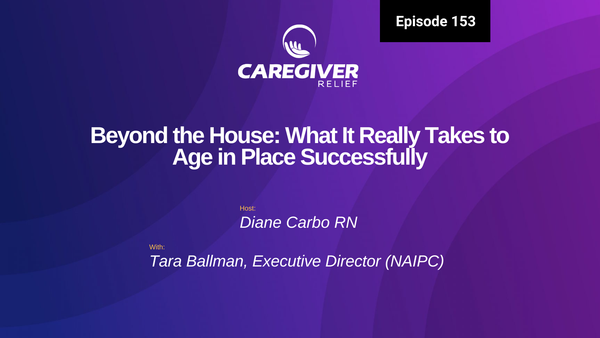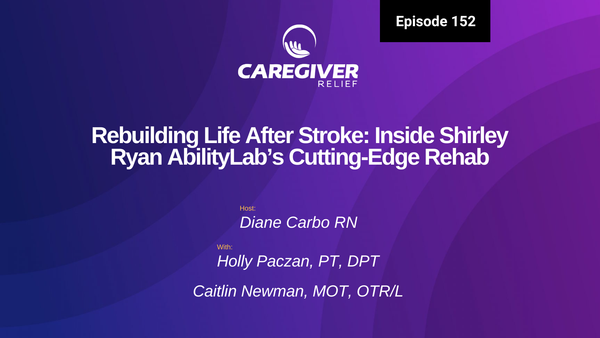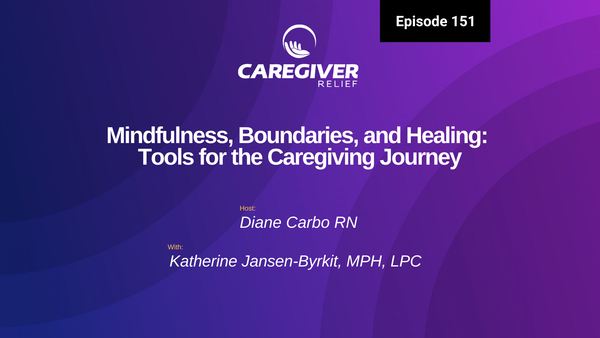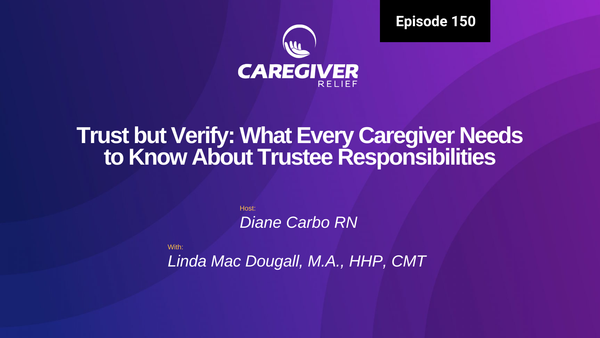Vices of Mobility Devices: Damage Done By Misuse with Linda Mac Dougall M.A., HHP, CMT - Episode 91
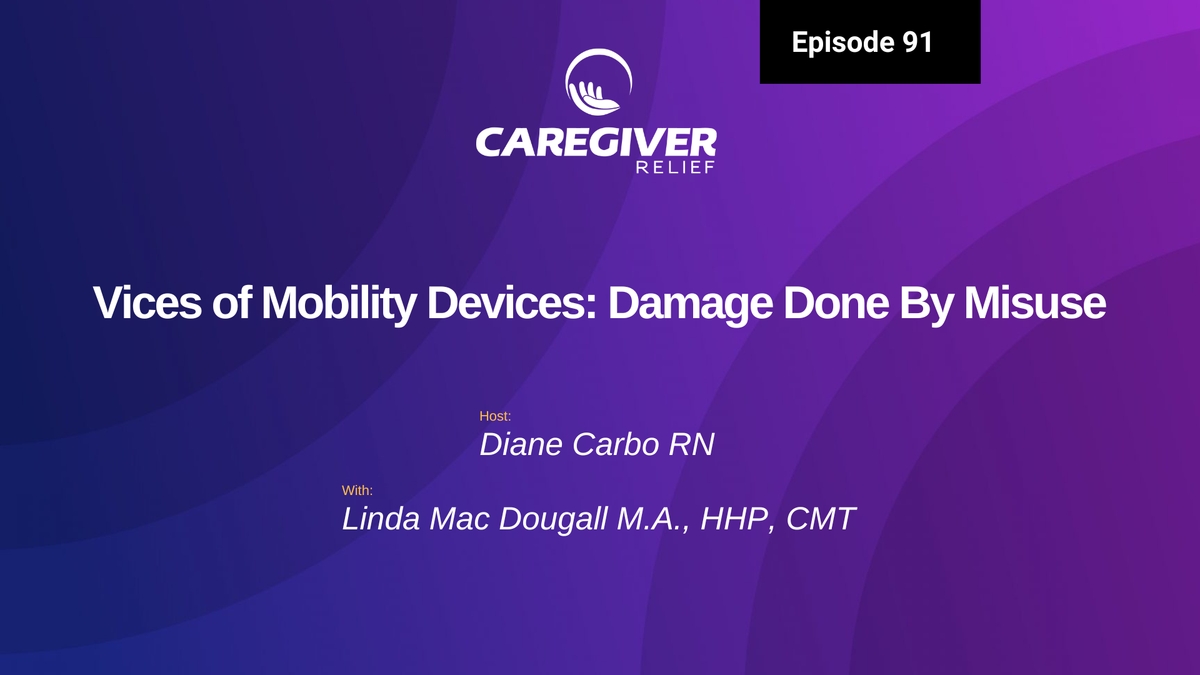
This episode of the Caregiver Relief Podcast features host Diane Carbo and guest Linda McDougall, a holistic healthcare practitioner and author ✍️. Together, they dive into the often-overlooked dangers of improperly used mobility devices and the systemic issues in senior care 👵👴.
Episode Outline:
Introduction of Linda McDougall
- Diane introduces Linda McDougall, a holistic healthcare practitioner, author, and massage therapist with decades of experience in senior care and with individuals with disabilities.
- Linda shares her passion for senior care, noting that seniors are often "left out in the dust" compared to children.
Linda's Personal Experience and Advocacy
- Linda recounts a personal experience where she was given ill-fitting crutches after breaking a bone in her foot, leading to falls and her having to crawl up and down stairs.
- This experience ignited her passion for mobility device education and advocacy.
- She mentions a legislative proposal she has written to address issues with mobility device regulation.
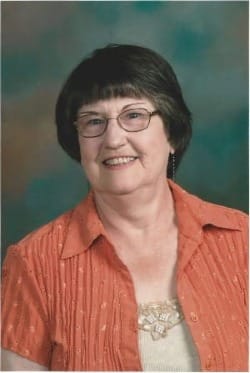
Systemic Failures in Healthcare
- The discussion highlights how doctors often fail to refer clients to occupational therapists (OTs), physical therapists (PTs), or assistive technology professionals (ATPs) for proper assessments.
- The co-hosts express concern that mobility devices are frequently not fitted correctly, leading to potential injury.
- They discuss the "ridiculousness" of over-correction in regulations, citing instances where seatbelts are removed from wheelchairs because they are considered a "restraint".
- Linda shares a shocking story about a woman whose prosthetic leg was almost taken away by a licensing agency under the guise of it being a "restrictive" device.
Misuse of Mobility Devices
- Linda and Diane explain that common mobility aids like walkers, canes, and crutches are often misused.
- Walkers that are too high can cause a person to hunch over, leading to neck and back issues.
- They describe the long-term consequences of improper use, such as strained muscles, poor posture, and increased risk of falls.
- Linda emphasizes that devices should be adjusted so the user can walk upright with slightly bent elbows, not leaning forward with their "butt in the wind".
Empowering Caregivers
- Caregivers are advised to consult with an OT, PT, or ATP to ensure devices are properly fitted.
- The importance of documentation is stressed; a professional's assessment and fitting must be in the client’s medical records to prevent licensing agencies from taking devices away later.
- Linda and Diane discuss the declining quality of care due to financial cuts and low reimbursement rates from Medicare, leading to rushed appointments and unsafe patient discharges.
Advocacy and Future of Healthcare
- Linda shares her legislative efforts to create a "supportive licensing" system that educates and helps caregivers and facilities, rather than just penalizing them.
- The conversation touches on the broader issues of government overreach in healthcare, the decline of private medical practices, and the negative impact on patient care and safety.
- They express fear for seniors due to the "mess" in the healthcare system and the "silver tsunami" of aging adults 🌊.
Key Takeaways for Caregivers:
- Recognize that pain in a loved one might be due to improperly fitted mobility equipment 🤕.
- Before purchasing a device, get a professional assessment and ensure it is documented 📝.
- Understand that a fall can be life-altering and that using assistive devices correctly is crucial for maintaining independence and safety 🛡️.
Don't miss this crucial conversation! 🎧 Listen to the full episode now to learn more about how you can advocate for better care and ensure the safety of your loved ones ❤️.
Caring for a loved one can be overwhelming — but you're not alone. If you have questions, big or small, our expert team is here to help.
👉 Click here to Ask the Expert
Our Resource section can help you find the information and tools that you need. We have courses, videos, checklists, guidebooks, cheat sheets, how-to guides and more.
You can get started by clicking on the link below. We know that taking care of a loved one is hard work, but with our help you can get the support that you need.
Click here to go to Resource Section now!


